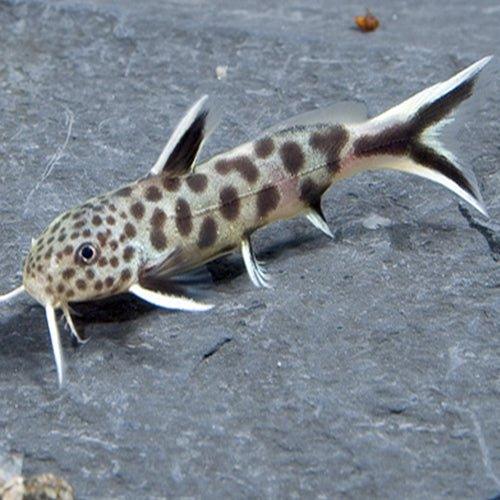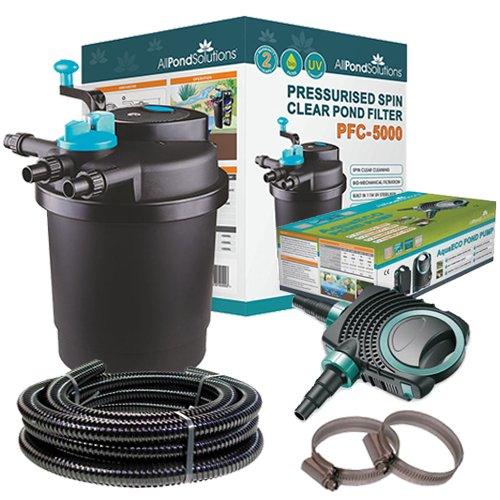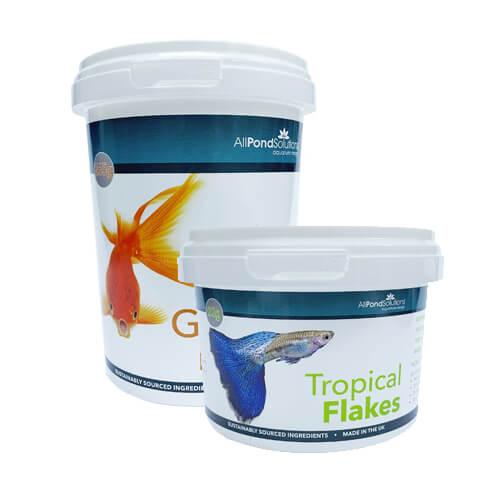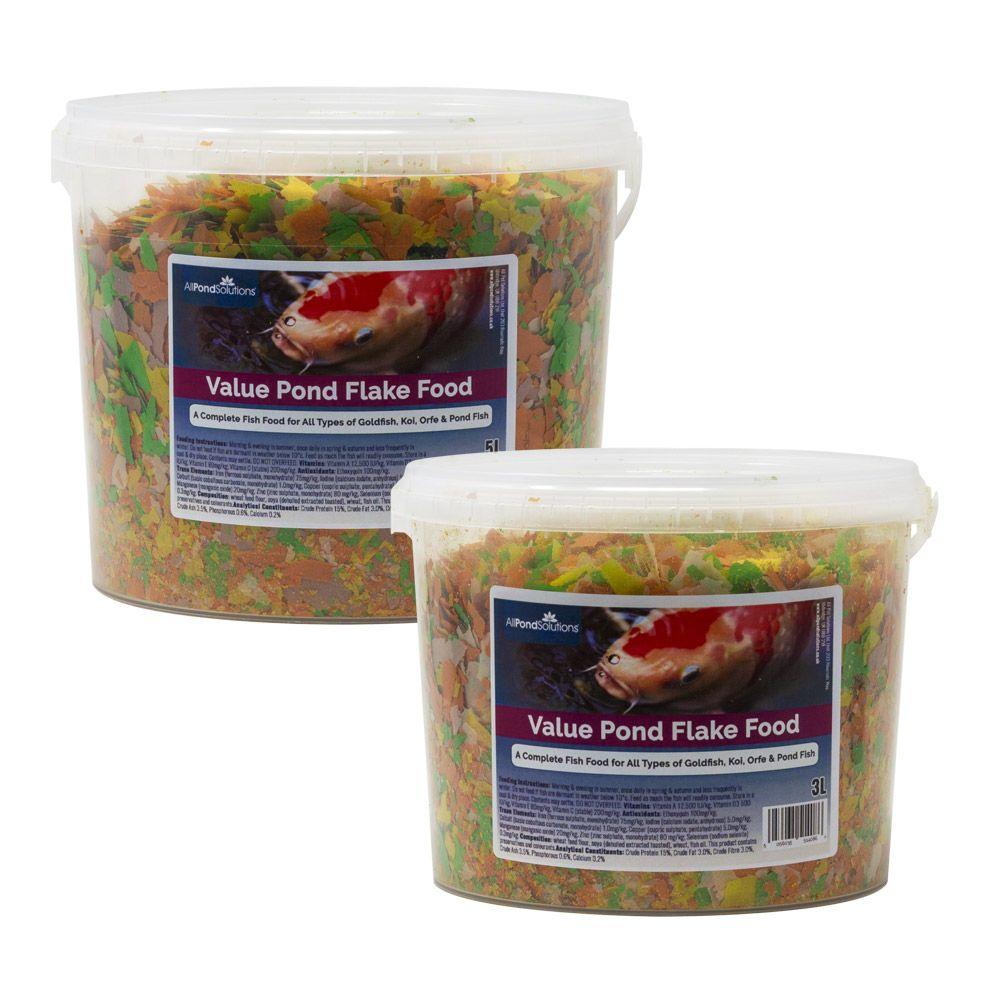Scientific Name: Synodontis petricola
Please note – The image used above is for illustration purposes only; Size, colour and sex may vary. Many of our livestock species are sold as juveniles and have not yet reached their full size and colour potential. If you have any concerns about the size or colour of the livestock you wish to order, please contact our livestock team via our support centre before placing your order. Due to the large quantities of livestock orders daily, the livestock team will are unable to select fish / shrimp to meet specific gender or aesthetic needs.
Approximate purchase size : 2.5 - 4cm
All Pond Solutions will always endeavour to supply as close to the approximate size range as possible. Due to variations from suppliers on rare occasions this may not always be possible. Images used are to show the full potential of the fish when fully mature and are not always representative of juvenile specimens.
How easy are they to care for?
We would class this fish as a medium level of care.
How large can they grow?
13cm
Where in the world are they from?
This species is native to Lake Tanganyika, Africa
What is the ideal number to keep together?
Ideally kept in groups of 3-4 or more as single specimens can be very secretive.
What water conditions do they require?
Prefers to exist in hard water conditions from 7.5 - 8.5pH, but will happily live in temperature ranges of 24 - 28 degrees.
What should you feed them?
Sinking pellets should be fed as it is unlikely this species will come to the surface to feed. Will benefit from frozen and live foods.
How compatible are they with other fish?
Should only be kept with Larger Tetras, Barbs and Gourami in a community set up that like harder water quality. Ideal tank mates with most Cichlids especially African Mouthbrooders.
Can they be bred in captivity?
Whilst largely an egg scatterer in open waters this species is interesting as it also is known for a breeding method known as 'Brood Parasitism'. Whereby they spawning will coincide with African Mouthbreeders and lay their eggs amongst the African Cichlids spawn.






